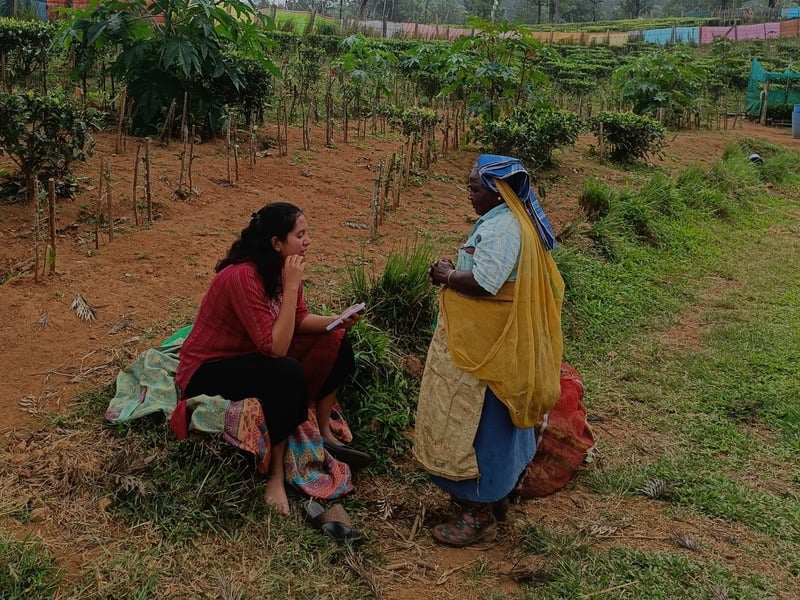Dr. Maria Luisa Rolón is a binational Mexican medical graduate from Universidad Xochicalco whose research focus is on reducing harms, including HIV, associated with substance use worldwide, especially in the Mexico-U.S. border region. In collaboration with the Division of Global Public Heath at the UCSD School of Medicine and the Mexico-U.S. Border Health Commission, her work has concentrated on HIV prevention with underserved, marginalized populations including female sex workers and people who inject drugs (PWID) in Tijuana, Mexico. Dr. Rolón is also a former scholar from the TIES2 Certificate Program on Drug Addiction and Related Harms, an inter-institutional and binational collaboration funded by USAID and HED, where she developed a fotonovela on overdose prevention alongside colleagues under the mentorship of Peter Davidson, PhD (UCSD) and Karla D. Wagner, PhD (University of Nevada Reno). Recently, Dr. Rolón completed a NIH Fogarty Fellowship in the AIDS International Training Research Program (AITRP) at UCSD. As part of her training, she has been involved in an education program focused on HIV, viral hepatitis and STI prevention, harm reduction efforts, and public health-based and human rights laws to help diminish police practices that could contribute to drug-related behaviors among PWID in Tijuana, Mexico.
Project
Cuerazos: Abscesses, self-wound care and HIV-risk among people who inject drugs in Tijuana, Mexico
The GloCal Fellowship project, Cuerazos (Northern-Mexico slang for skin abscess or wound at injection-site) will be nested in Proyecto El Cuete (NIDA, PI: Strathdee), which is currently evaluating the impact of structural interventions in the legal environment that may influence drug use and HIV risk behaviors of PWID in Tijuana. Cuerazos will build upon previous work on harms associated with injection drug-use in the El Cuete cohort (Pollini et al, 2010; Strathdee et al, 2014). Our specific aims are to (1) identify sociodemographic, environmental, behavioral risk factors and HIV infection associated with skin abscesses and barriers to medical care among PWID, (2) describe skin lesions that are common characteristics of PWID reporting use of desomorphine, aka krokodil, and (3) to develop educational harm reduction visual aids with HIV prevention, abscess risk factors, proper injection-use and wound-care recommendations for PWID. We hope to reduce harms associated with injection drug use and prevent potentially fatal complications of skin-wounds and abscesses such as osteomyelitis, endocarditis and septicemia in a timely manner while improving referrals to HIV counseling, testing and access to health-care services.
Mentors: Dr. Peter Davidson (UCSD), Dr. José Antonio Hurtado Montalvo (UABC, CEUX), Dr. Steffanie Strathdee (UCSD)
mlrolon@ucsd.edu
